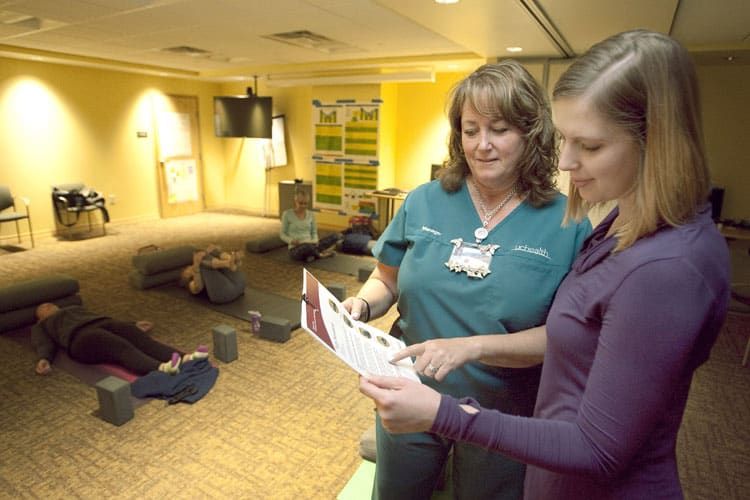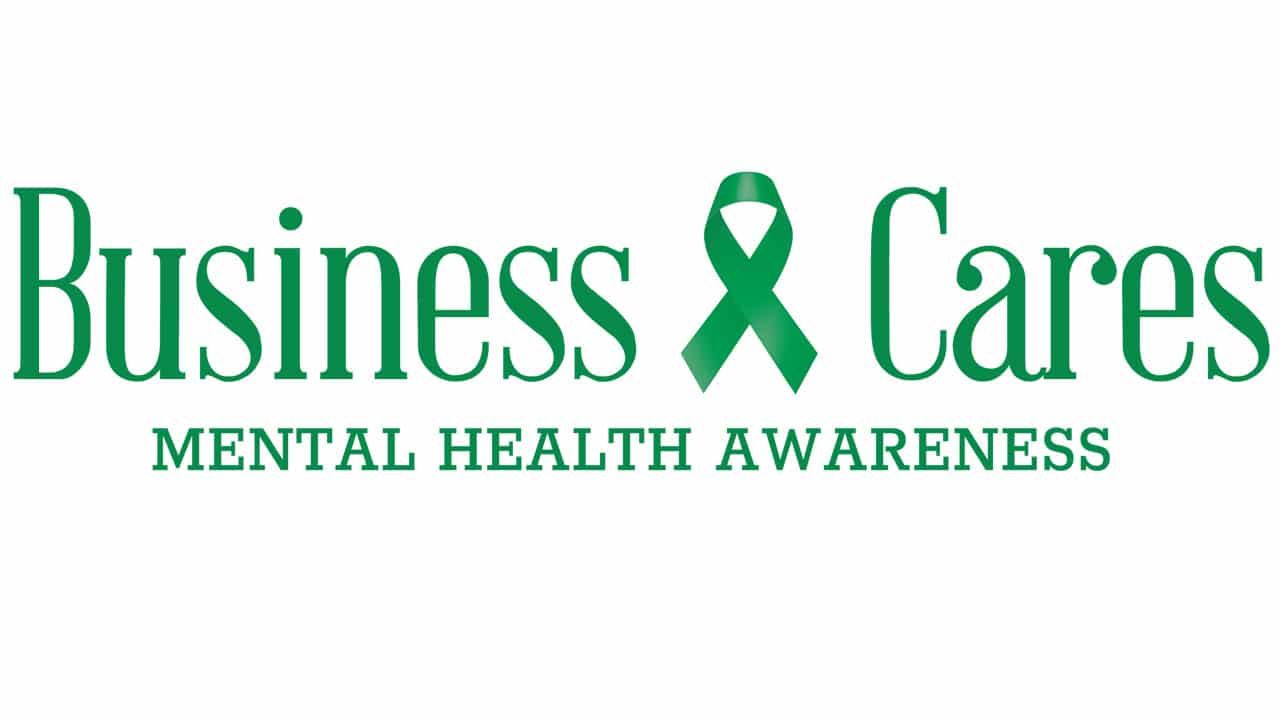New therapies integrate the non-traditional


Integrative medicine is the newest term for combining conventional medicine with alternative medicine and includes a whole array of treatments from medication to massage.
“In the past, some people used the term ‘holistic’ trying to suggest the same thing, looking at the whole person and at the whole array of options,” said Dr. Paul Berger, family medicine specialist at Rocky Mountain Family Medicine in Boulder and one of 15 practicing integrative medicine physicians in the city. “But so many people have begun to use ‘holistic’ for their alternative therapies that it’s no longer an accurate term.”
Integrative medicine incorporates traditional or Western medicine, such as medications and surgery, with non-traditional practices that include massage therapy, acupuncture, tai chi, meditation, yoga, healing touch, nutrition and exercise. Most integrative medicine and holistic practices address lifestyle and promote nutrition and exercise alongside other treatments, and Western medicine can include those lifestyle aspects, Berger said.
SPONSORED CONTENT
Business Cares: May 2024
As Mental Health Awareness Month unfolds in Colorado, it serves as a reminder of the collective responsibility to prioritize mental well-being.
“It gives you a broader range of tools to use, and hopefully you can find one with fewer side effects,” Berger said. “It’s one more way to take care of your health without having to do something interventional with side effects.”
Integrative medicine, which focuses on the mind, body and soul of the patient, is gaining in popularity due to the positive outcomes many patients are experiencing, said Dr. Katie Takacs, doctor of chiropractic at Gateway Natural Medicine in Berthoud.
“The majority of people don’t want to wake up and take medications for the rest of their life. They are looking for a way to ‘get back on track’ and improve their lives,” Takacs said. “Many people are finding that their lives improve overall, and they have more energy, lose weight and are in less pain. They are taught lifestyle changes that help them to maintain these improvements.”
The treatments are found to be safe and, if used properly, can create major changes in a patient’s life, Takacs said.
“This type of care focuses on teaching the patient lifestyle changes that will help to improve their current issues, as well as preventing other problems from occurring in the future,” she said.
Longmont United Hospital is among six Centura Health hospitals that provide integrative medicine for its patients through Centura Health Integrative Medicine in the Longmont, Denver and Vail areas. Longmont United Hospital began offering integrative medicine in 1994 and joined Centura in 2015.
“Integrative medicine is the practice of evidence-based therapies that support traditional Western service lines,” said Michelle Whitmore, nursing director and licensed acupuncturist with Longmont United Hospital. “It’s helping the whole person. We’re not just treating the biological body; we’re treating all of them, the mind, the body, the spirit, the whole person.”
Longmont United Hospital incorporates integrative medicine in the areas of pediatrics, birthing, oncology, cardiology and orthopedics, along with medical and surgical procedures, Whitmore said.
For instance, acupuncture can be used alongside chemotherapy in the treatment of cancer to calm the nervous system and to reduce the side effects of nausea and fatigue, Whitmore said. It also can be used to promote labor, address insomnia and anxiety-related disorders, help prepare for surgery and address post-surgical pain and swelling, she said.
A chronic pain management program called solution-focused pain self management aims to replace pain medications with integrative medicine, Whitmore said. Patients learn how to manage their chronic pain, such as through mindfulness meditation, where they use meditation to bolster the healing process, she said.
“We replace a pill with a strategy with its own healing opiates,” Whitmore said, adding that medications are important for healing but can be overused. “We’re moving from a place of too many medications to the right amount and also providing other support. When we provide other support, we can help the medications work well.”
The strategy works, in part, because the body releases neurotransmitters and other chemicals that serve as natural pain relievers, Whitmore said.
“When you’re feeling good, your body heals more quickly,” Whitmore said.
Poudre Valley Hospital in Fort Collins employs integrative medicine with some of its cancer patients through an evidence-informed, healing-oriented treatment that combines traditional and complementary interventions, said Dr. Gary Goodman, medical director for the integrative medicine oncology service line at Poudre Valley Hospital. The hospital has offered integrative medicine since April 2017.
The treatment begins with an input questionnaire about each patient’s exercise, sleep and stress patterns, support systems and other factors, Goodman said. Cancer has a known connection to inflammation, and things like poor diet, lack of exercise, stress and environmental toxins can result in inflammation, he said.
Once the information is gathered, Goodman comes up with an individualized therapeutic regimen for the patient, which could include mindfulness-based stress reduction, restorative yoga focused on relaxation, tai chi, strengthening exercises, massage therapy, anti-inflammation diets and other programs.
“It’s the whole mind-body connection that is really important in integrative medicine,” Goodman said. “One of our basic tenets related to chronic inflammation is that stress contributes to inflammation.”
Acupuncture and stress reduction techniques, for example, can help patients deal with the side effects of chemotherapy, and the various movement treatments can help the body get rid of toxins, Goodman said.
“As long as it’s evidence-based, I’m happy to use it,” Goodman said.
Good Samaritan Medical Center in Lafayette offers integrative medicine therapies for its patients and the community, including acupuncture, massage therapy, healing touch and aromatherapy, as well as yoga, mindfulness-based stress reduction, nutrition and diabetes education. In the area of cancer, the treatments include yoga, massage therapy, healing touch and acupuncture to address the side effects of nausea and fatigue, and massage therapy is provided for new moms in the women’s and children’s units.
The therapies aim to enhance the care of patients, said Ruth Ross, clinical manager of Good Samaritan Medical Center for integrative medicine and outpatient rehabilitation, a separate center opened in 2006, though integrative medicine has been offered since the hospital’s opening in 2004.
“It’s really looking at the whole person, it’s not just treating the ailment,” Ross said. “We’re another tool a physician or our nurses can reach out to provide comfort.”

Integrative medicine is the newest term for combining conventional medicine with alternative medicine and includes a whole array of treatments from medication to massage.
“In the past, some people used the term ‘holistic’ trying to suggest the same thing, looking at the whole person and at the…
THIS ARTICLE IS FOR SUBSCRIBERS ONLY
Continue reading for less than $3 per week!
Get a month of award-winning local business news, trends and insights
Access award-winning content today!

